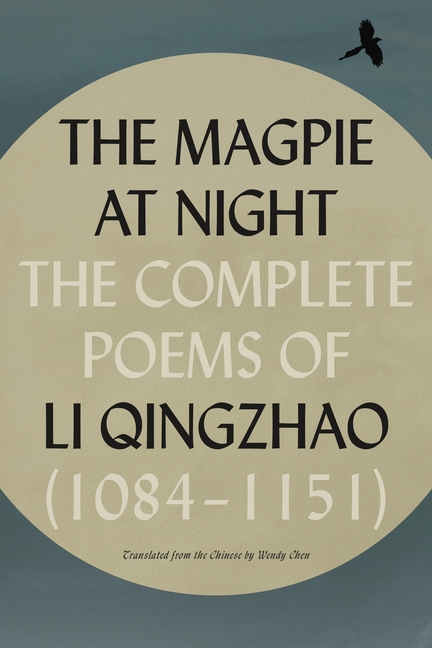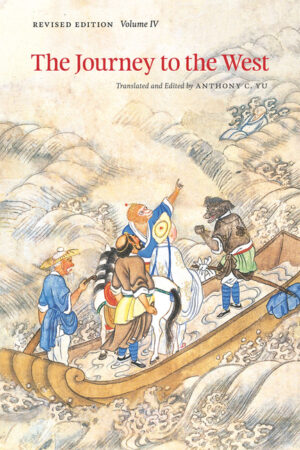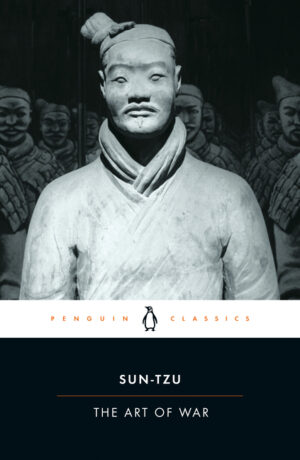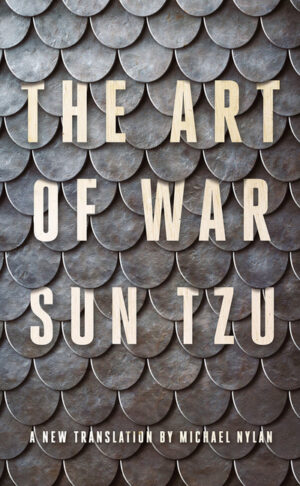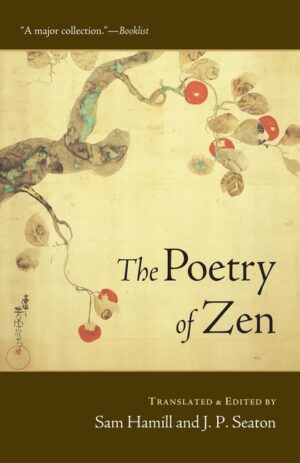"Chen untangles the essences of poems into delicate, calm, and incisive moments." –Poetry Northwest
"Translator Wendy Chen's
Introduction offers a useful overview of and introduction to twelfth-century Chinese poet Li Qingzhao...Certainly, Chen's version seems closer to the more seething spirit of the original. . . Chen's are fine renderings of the verse." –M.A. Orthofer,
The Complete Review "
The Magpie at Night teaches us many a lesson of transformations: we learn that hair "grieves" and the water clock is "quiet," we learn that the "pot of spring" can break apart memory. But most of all, we learn that poetry can survive the ravages of war and time, and after many centuries–thanks to Wendy Chen's clarifying translations–the Song dynasty classic visits us in English. I am grateful for such transformations." – Ilya Kaminsky, author of
Deaf Republic "Wendy Chen translates with a true poet's sensitivity to language, metaphor, and image. Indeed, to bring Li Qingzhao's poems to an English-speaking audience with such precision and obvious skill is a remarkable achievement. Here are poems as timeless as they are timely, as mysterious as they are rewarding."
–Kristina Marie Darling, author of
Daylight Has Already Come: Selected Poems
"Li Qingzhao's poems conjure the sound of rain on banana leaves, pale clouds "smudging the moon," the momentary solace of a dream, and how "longing saturates the human world, / the heavens." Her remarkable attention is gifted to us by Wendy Chen's remarkable acuity."–Michael Prior, author of
Burning Province "To read Li Qingzhao's work is to feel an intensity of spirit that says–
even time cannot erase me. Wendy Chen's brilliant new translation ought to ensure that remains true. What heartache, what imagery, what absolute mastery there is in every line here." –John Freeman, author of
Wind, Trees

